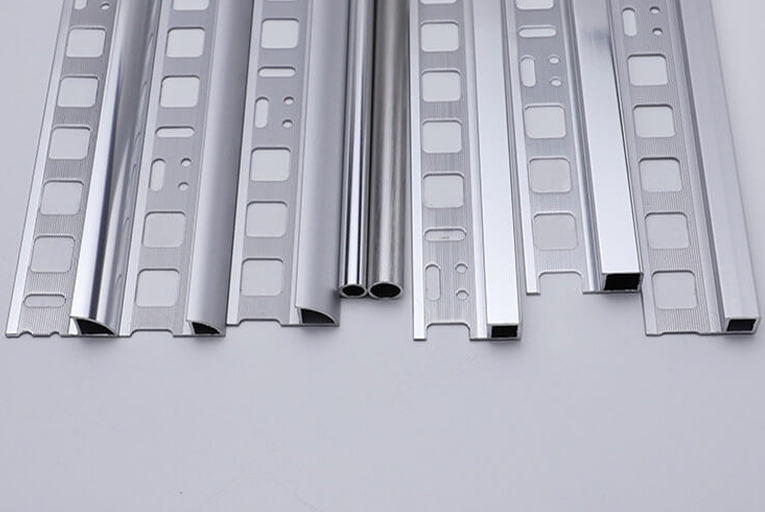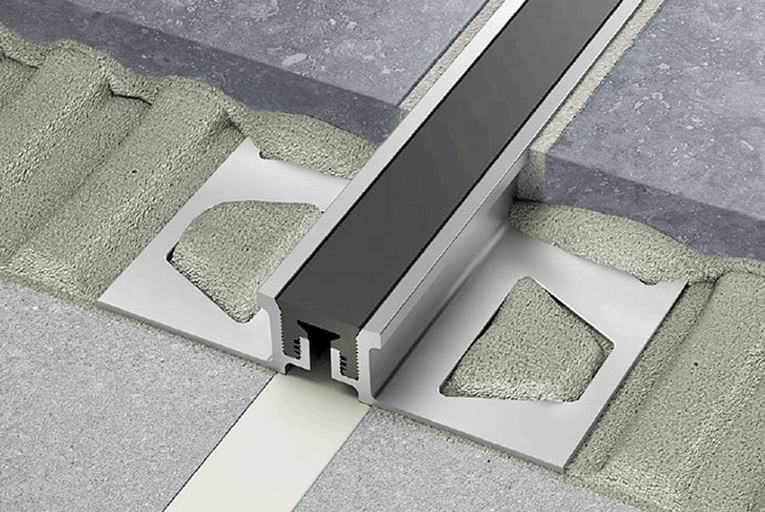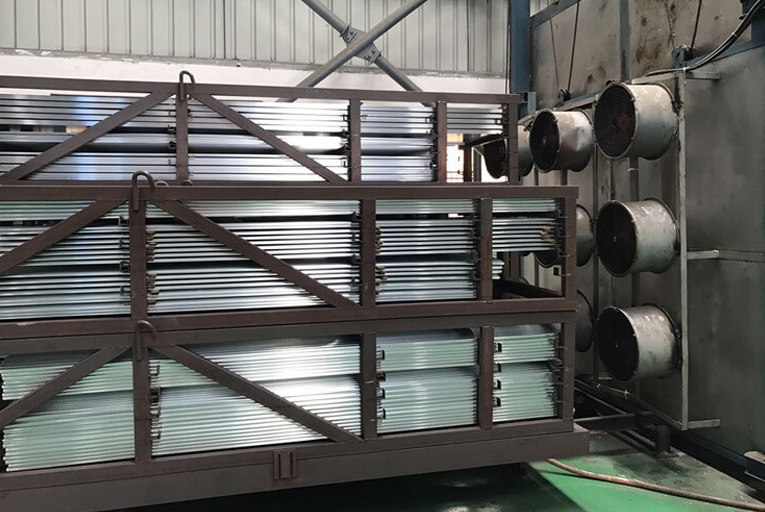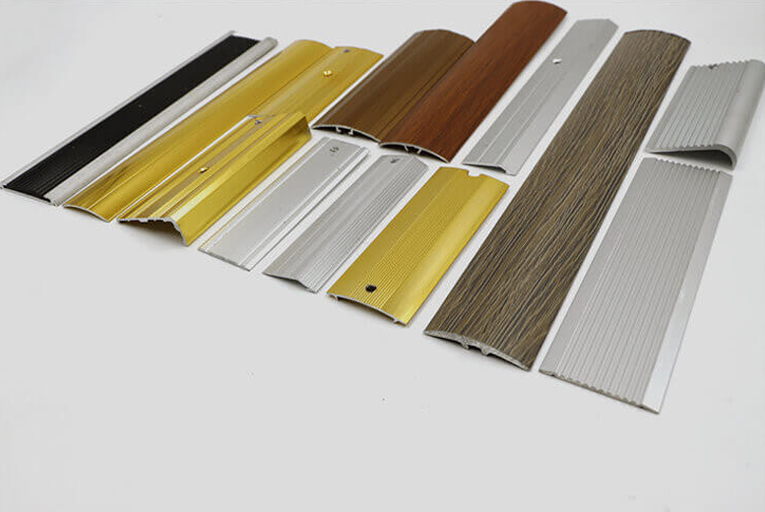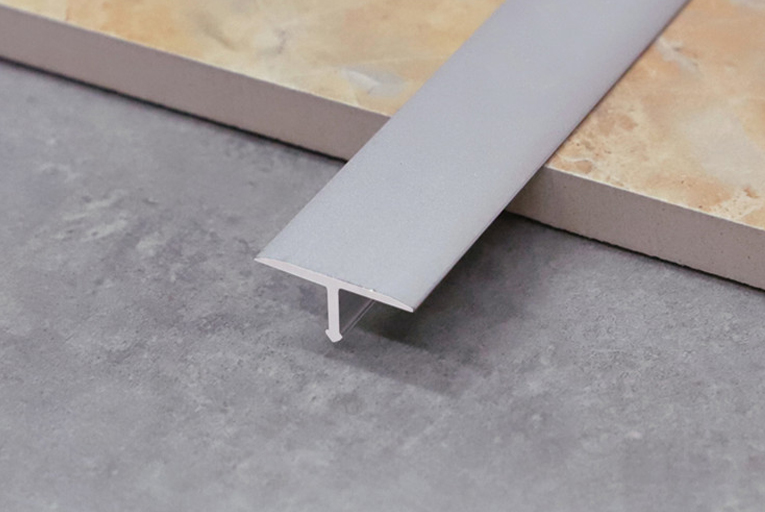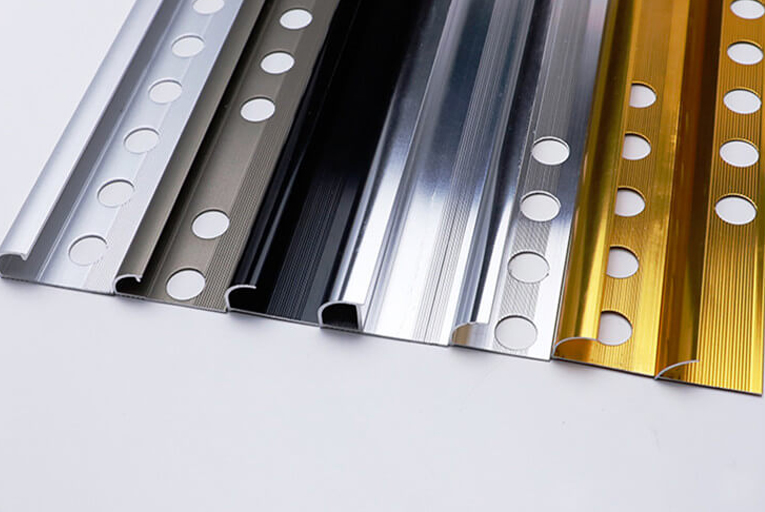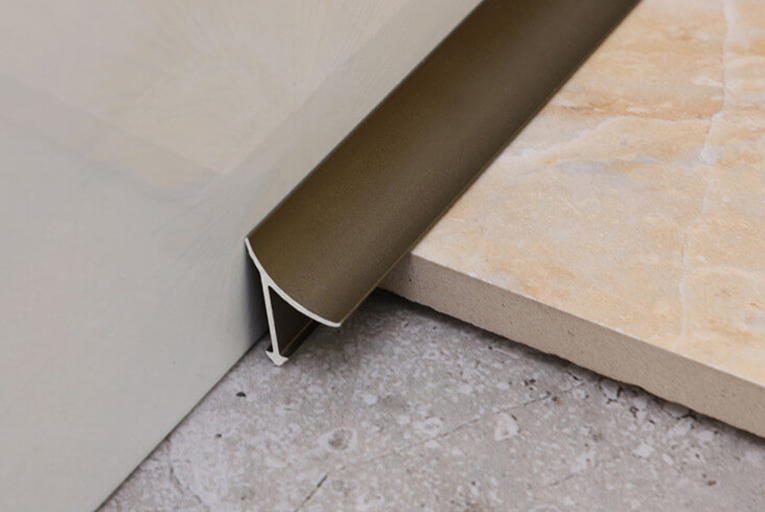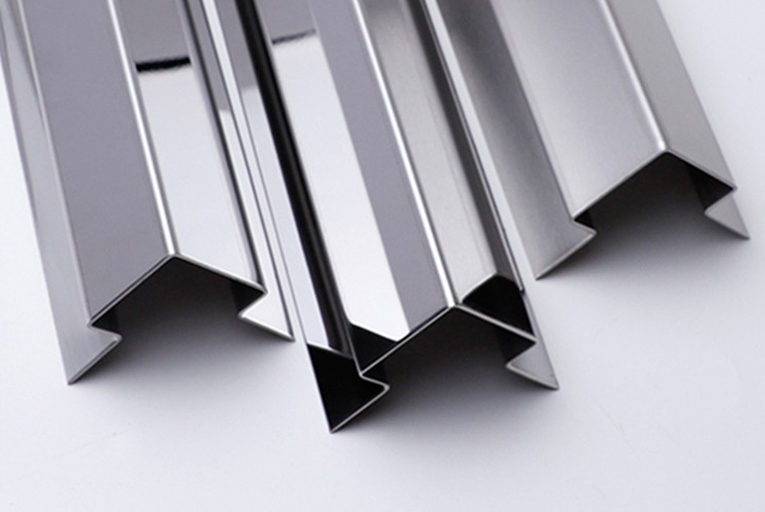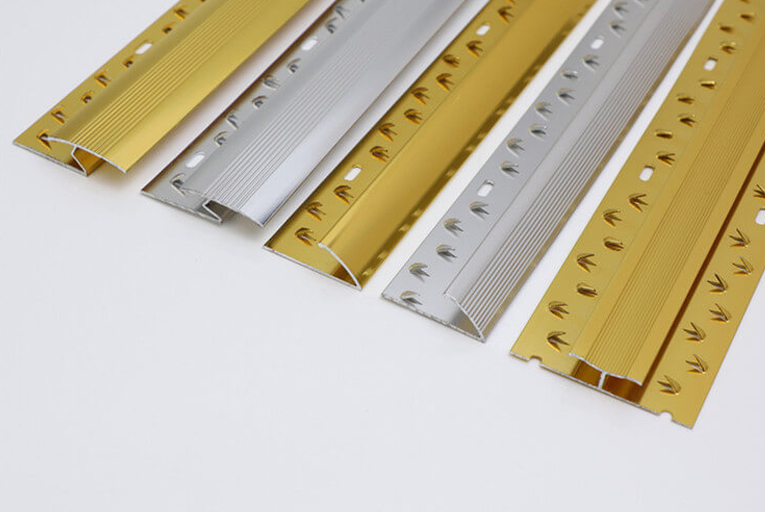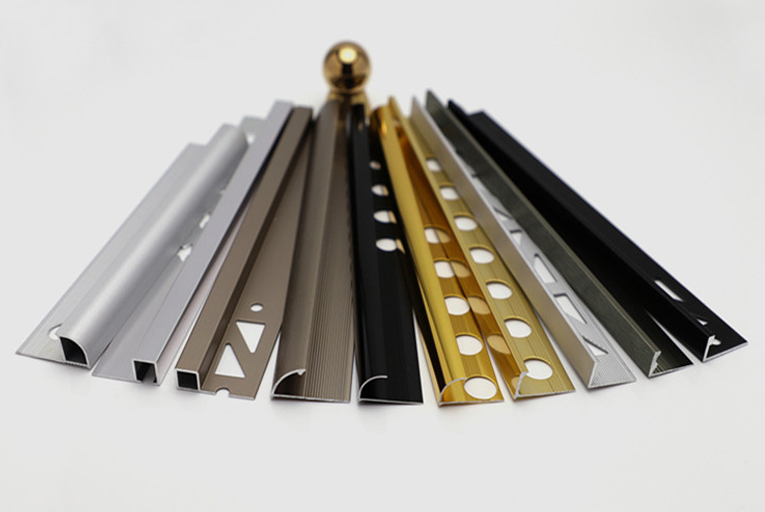Top 5 Materials for Durable Tile Corner Trim
Tile corner trim adds a clean and polished look to any tiled surface, protecting the edges from damage and moisture. To ensure long-lasting durability, choosing the right material is crucial. This guide presents the top 5 materials renowned for their exceptional resilience and longevity in tile corner trim applications.
1. Stainless Steel
Corrosion Resistance
Stainless steel’s primary advantage lies in its exceptional corrosion resistance. It stands up to moisture, humidity, and harsh cleaning agents without rusting or deteriorating. This makes it an ideal choice for high-traffic areas and bathrooms, where water exposure is unavoidable.
Strength and Durability
Stainless steel is incredibly strong, capable of withstanding significant force and impact without bending or breaking. This ensures that the trim will retain its shape and integrity even in demanding environments.
Aesthetic Appeal
Stainless steel has a sleek and modern appearance that complements various tile styles. It is available in a range of finishes, including brushed, polished, and matte, to suit any decor.
2. Aluminum
Lightweight and Durable
Aluminum is a lightweight material that is both strong and durable. It is resistant to corrosion and offers excellent protection against wear and tear.
Versatility and Formability
Aluminum is highly versatile and can be facilmente formed into intricate shapes, making it suitable for curved surfaces or custom designs. Its flexibility allows for precise and seamless installations.
Budget-Friendly
Compared to other materials, aluminum is relatively affordable, making it a cost-effective solution for durable tile corner trim.
3. Brass
Elegant and Decorative
Brass is an elegant material that adds a touch of luxury to any space. It has a warm, golden hue that complements natural stone tiles and glazed ceramic tiles.
Corrosion Resistance
Brass is moderately resistant to corrosion, making it suitable for areas with occasional moisture exposure. However, it may require additional maintenance to prevent tarnishing over time.
Strength and Durability
While brass is not as strong as stainless steel, it is still a durable material that can withstand moderate force and impact.
4. PVC (Polyvinyl Chloride)
Waterproof and UV-Resistant
PVC is a waterproof material that is ideal for outdoor applications and areas with high moisture exposure. It is also UV-resistant, ensuring that it will not fade or discolor over time.
Flexibility and Ease of Installation
PVC is flexible and easy to cut and install, making it a time-saving option for large or complex installations. It can be easily adjusted to fit corners and transitions.
Affordable and Low-Maintenance
PVC is a cost-effective material that requires minimal maintenance. It is resistant to stains and scratches, making it a practical choice for busy households.
5. Ceramic or Porcelain
Matching Aesthetics
Ceramic and porcelain tiles are available in a wide range of colors, patterns, and textures, allowing for perfect matching with the tiles they are accentuating.
High Durability
Ceramic and porcelain are highly durable materials that are resistant to chipping, cracking, and wear. They can withstand heavy foot traffic and provide long-lasting protection for tile edges.
Heat and Moisture Resistance
Ceramic and porcelain are heat and moisture-resistant, making them suitable for use in kitchens, bathrooms, and other areas where temperature fluctuations and moisture are present.
-
How to Install Tile Trims Line?
2022-02-09 -
Difference Between Sandblasting and Anodizing Surface Treatment of Aluminum Tile Trim
2022-02-09 -
The Different Uses of Tile Outside Corner Edging Trim and Inside Corner Edging Trim
2022-02-09 -
The Most Popular 5 Different Materials of Tile Trim Line
2022-02-09 -
What is Carpet Cover Trim?
2022-02-09 -
The 6 Hottest Tile Trim Solutions for 2021
2022-02-09
